Have you ever found a word that made you super curious and seemed to mean a lot more than just its simple definition? Well, that’s exactly how I felt when I first found out about “kääntäh.” I love learning about languages and cultures, so discovering this Finnish word felt like opening the door to a whole new world of translators and interpreters.
Kääntäh is a Finnish word that refers to someone who helps translate and interpret languages. These individuals play a crucial role in connecting people from different cultures by helping them understand each other’s languages.
In this article, I invite you to join me on a journey of exploration as we uncover the significance of “kääntäh” in Finnish culture and society.
What is Kääntäh?

Derived from the Finnish verb “kääntää,” meaning “to translate” or “to interpret,” “kääntäh” translates to “translator” or “interpreter” in English. The addition of the suffix “-h” signifies a person who performs the action, highlighting the role of translators and interpreters in facilitating communication between different languages and cultures.
Read more: 10desires.Org Health – Unlocking Holistic Wellness!
Why Finnish Language Matters – Exploring Its Cultural Significance And Everyday Impact!
Finnish language is super important in Finland because it’s not just about talking – it’s like a big flag waving for Finnish pride. When people speak Finnish, they’re not just saying words; they’re connecting with their history, stories, and friends. It’s like being part of a big Finnish family.
Here’s why Finnish language matters:
- It’s Our Identity: Finnish language tells the story of Finland’s past and what makes us different from other countries. It’s like a secret code that shows we’re proud to be Finnish.
- It’s Our Culture: Finnish language is like a treasure chest full of our favorite stories, songs, and jokes. From old legends to new movies, Finnish language helps keep our culture alive.
- It’s Our Community: When we all speak Finnish, it’s like we’re in on a big secret together. It helps us understand each other better and feel like we’re part of one big Finnish family.
- It’s Unique: Finnish language is special because it’s different from most other languages. Learning Finnish is like solving a fun puzzle and helps us appreciate how cool languages can be.
The Vital Contribution Of Kääntäh To Finnish Society – Connecting Different Languages And Culture!
“Kääntäh” is really important in Finland. It helps people understand each other when they speak different languages. For example, if someone from Finland needs to talk to someone who speaks a different language, a kääntäh helps them understand each other.

In schools, kääntäh helps students who don’t speak Finnish as their first language. They translate lessons and books so everyone can learn together.
Kääntäh also helps Finnish businesses talk to people from other countries. They make sure everyone understands each other during meetings and negotiations.
But it’s not just about talking. Kääntäh also helps keep Finland’s history and stories alive. They translate books and documents so people all over the world can learn about Finnish culture.
So, kääntäh is really important in Finland. They help people talk, learn, and share stories, making sure everyone feels included and understood.
Read more: #mymadeinke – A Celebration Of Creativity And Diversity!
Traditions Celebrating The Role Of “Kääntäh” In Finnish Culture:
In Finnish culture, there are special traditions that celebrate the important work of translators and interpreters, known as “kääntäh.” One of these traditions is Translator’s Day, observed on September 30th each year.
This day is all about recognizing the contributions of translators and interpreters in helping people communicate across different languages and cultures. Events like seminars, workshops, and award ceremonies are held to honor their work and highlight its importance in bringing people together.
Another tradition is the Translator’s Cruise, known as “Kääntäjäristeily.” This event is organized by groups like the Finnish Association of Translators and Interpreters. It’s a fun day where translators and interpreters come together on a cruise ship to meet new people, learn from each other, and stay updated on what’s happening in their field.
These traditions show how much Finnish culture values the work of translators and interpreters. They help create a sense of community among language professionals and highlight the importance of communication and understanding across different languages and cultures.
The Transformation Of Kääntäh In Modern Society – Discover How The Role Of Kääntäh Has Evolved!
The way “kääntäh” has changed over time shows how society keeps changing because of globalization and new technology. In the past, “kääntäh” mostly meant translators and interpreters who helped with things like translating documents or talking in different languages in real-time. This was really important for businesses and people from different countries to understand each other.

But now, with the internet and more businesses going global, there’s a bigger need for “kääntäh” to help with things like translating websites or software into different languages.
Also, technology like computers and artificial intelligence is helping with translation too, though some worry it might replace human translators.
Even with all this new tech, human translators still bring something special to the table. They don’t just know the languages; they understand the culture and feelings behind the words, especially important for things like books.
Read more: Cubvh – A Comprehensive Guide To The Cube Virtual Helper
Kääntäh Traditions – Traditions Honoring Translators And Interpreters!
In Finland, people have special ways to celebrate and support translators and interpreters, called “kääntäh.” Let’s look at two important traditions related to “kääntäh”:
Translator’s Day:
Every year on September 30th, Finland celebrates Translator’s Day. It’s a day to thank translators and interpreters for their important work. There are events like workshops and awards to show appreciation for what they do. It’s a time for translators and interpreters to come together and feel proud of their job.
Translator’s Cruise:
The Translator’s Cruise is a fun event organized by a group of translators and interpreters. They meet on a boat for a day of learning and fun. They attend workshops and talk about their work. It’s a chance for them to make friends and support each other.
These traditions show how much Finland values the work of translators and interpreters. They help bring people together by translating languages and understanding different cultures.
The Future Of Kääntäh – Navigating The Transformative Landscape!
When we think about what’s ahead for translators and interpreters, it’s important to think about how new technology might change things, but also about what makes humans special. Technology, like artificial intelligence and machines that learn, can help with translation, but it also has some problems.

For example, it might not understand all the little details of language and culture like humans do. Humans have something special called the “human touch.”
This means we understand language and culture in a special way that machines don’t. We can make translations that feel right and make sense to people. This is really important, especially in jobs like translating legal or medical documents.
Some people think the best way forward is to use both technology and human skills together. This way, we can use machines to do the boring parts of translating, but humans can check to make sure everything is correct.
But as we use more technology, we also need to think about important questions. Like, how do we keep people’s information safe? And what happens to human translators’ jobs if machines start doing more? These are big questions that we need to think about carefully.
Read more: Zelissamu – Natural Skincare And Wellness!
Frequently Asked Questions:
1. What qualifications are required to become a “kääntäh” in Finland?
To become a professional translator or interpreter in Finland, individuals typically pursue formal education in translation studies or a related field. Many translators and interpreters also obtain certification or accreditation from professional associations to demonstrate their proficiency and expertise in their chosen languages.
2. How do translators and interpreters contribute to Finnish society beyond traditional services?
In addition to traditional translation and interpretation services, translators and interpreters play a crucial role in various sectors of Finnish society, including government, healthcare, law, and media. They help facilitate communication and access to essential services for non-native speakers, ensuring inclusivity and equality.
3. Are there specific challenges faced by “kääntäh” in their work?
Translators and interpreters may encounter challenges such as linguistic nuances, cultural differences, and tight deadlines. They must navigate these obstacles while maintaining accuracy, clarity, and confidentiality in their translations and interpretations.
Conclusion:
As translation and interpretation move forward with new technology and changes in how things work, one thing is certain: people will always be essential.
Whether we’re working with fancy AI tools or sticking to the old-fashioned ways, translators and interpreters will keep playing a vital role in helping people communicate across different languages and cultures in our connected world.
Read more:


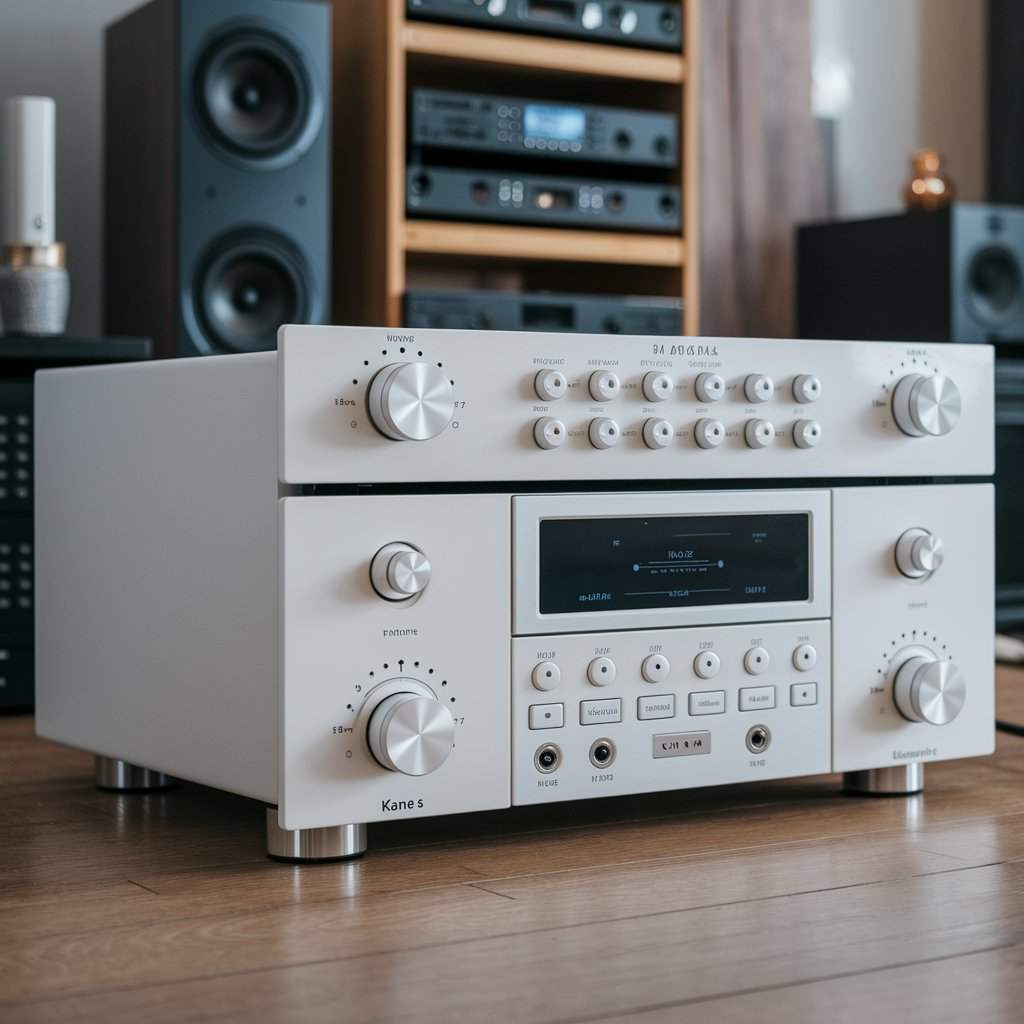

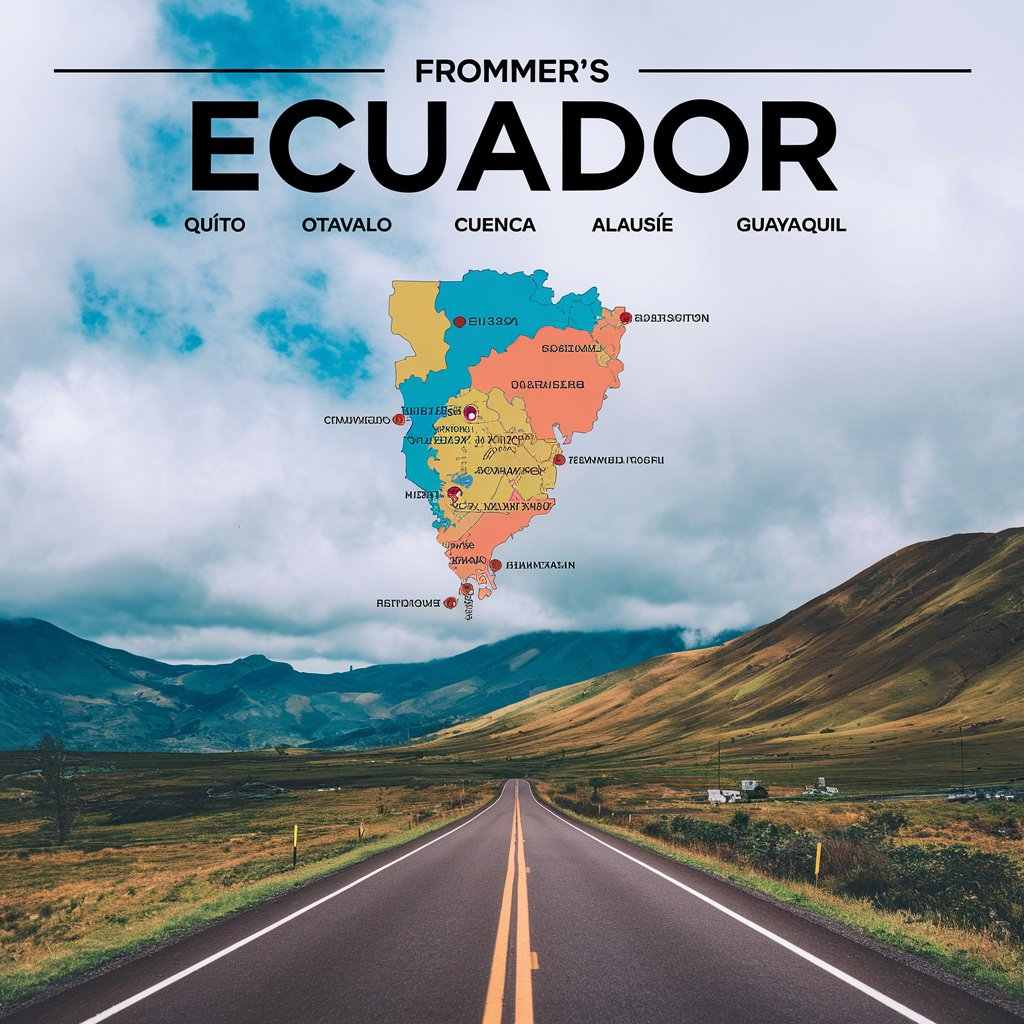







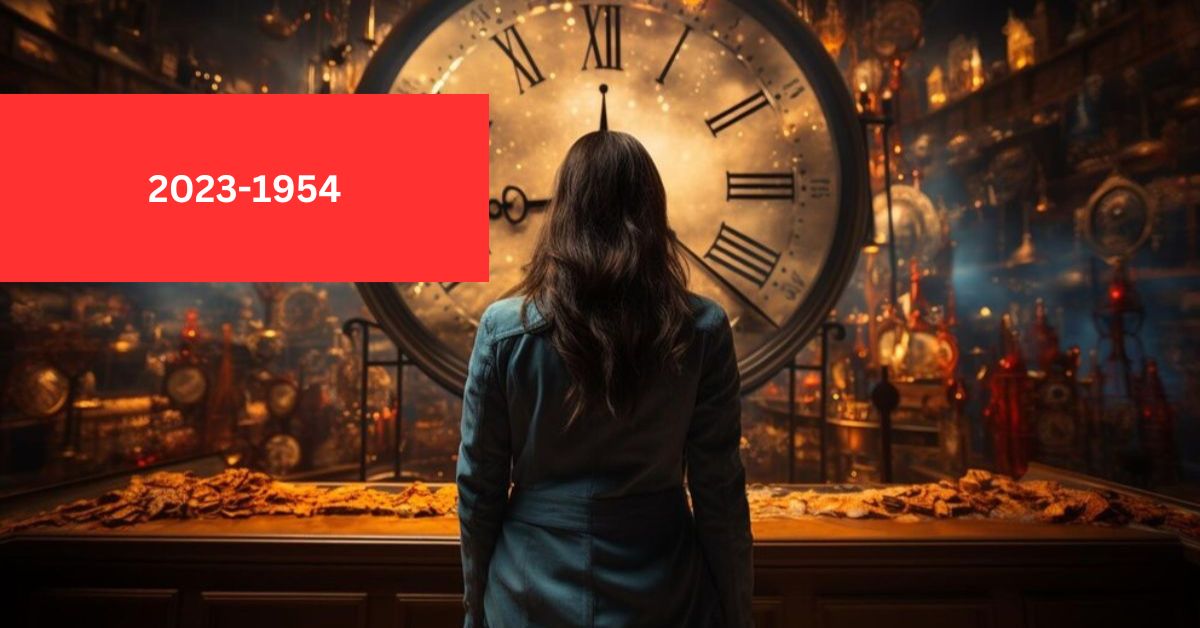
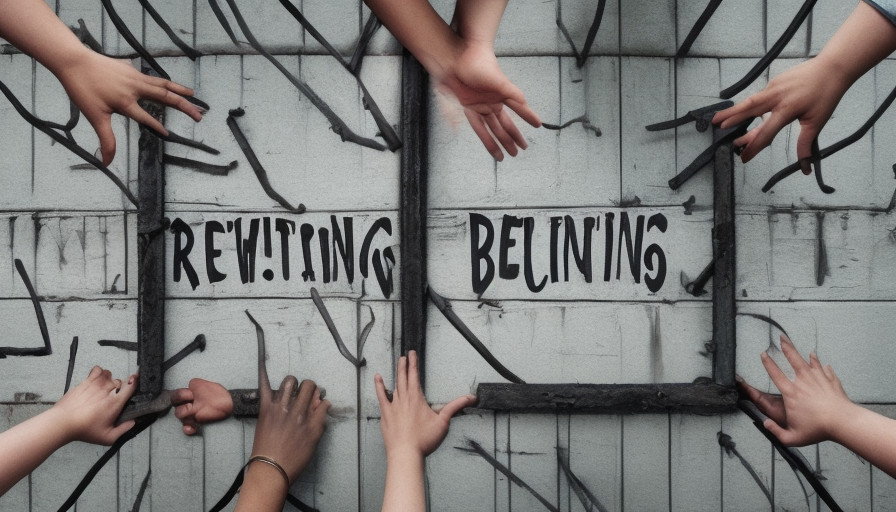






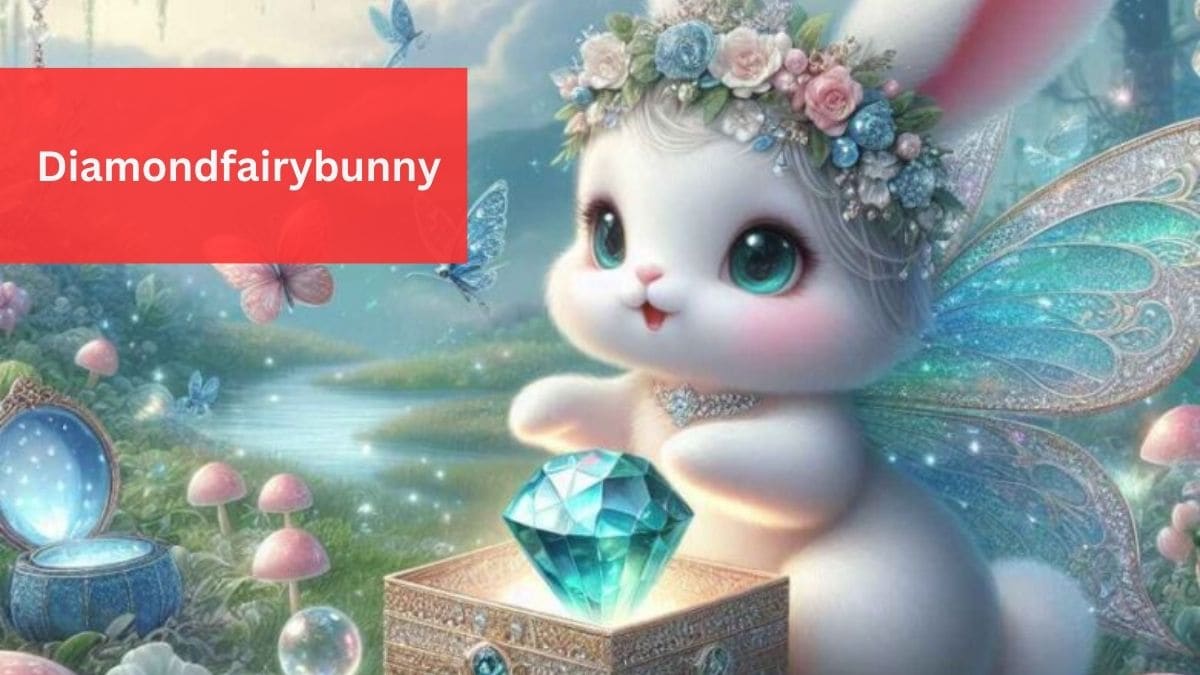












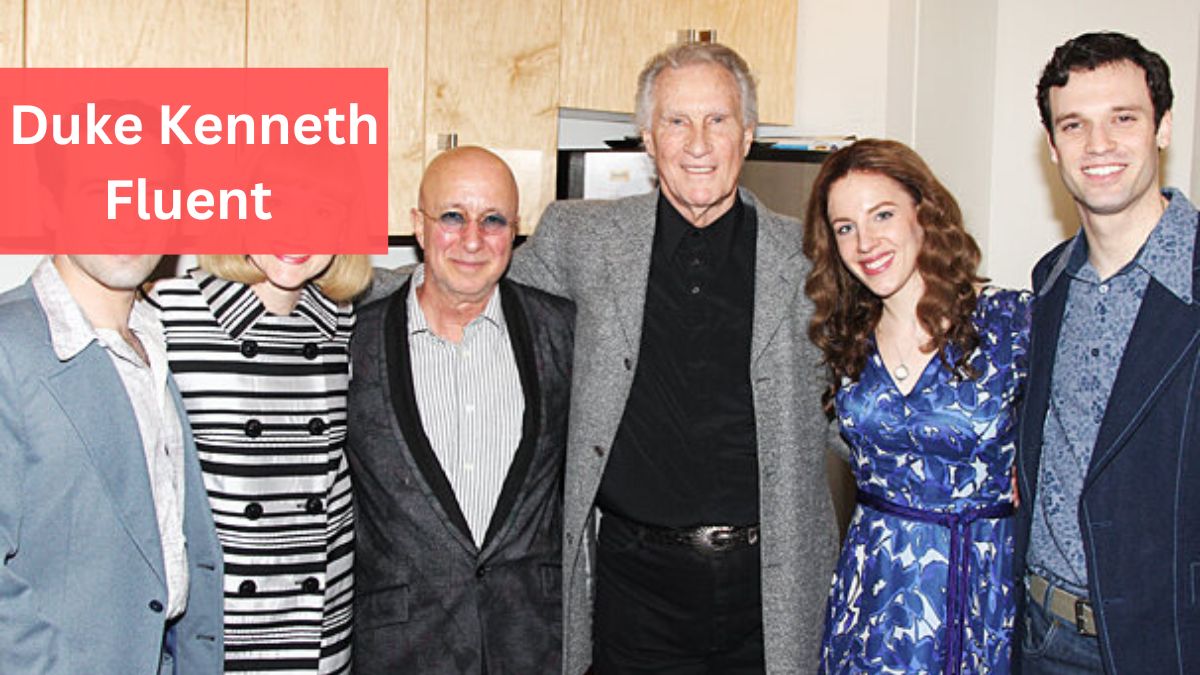




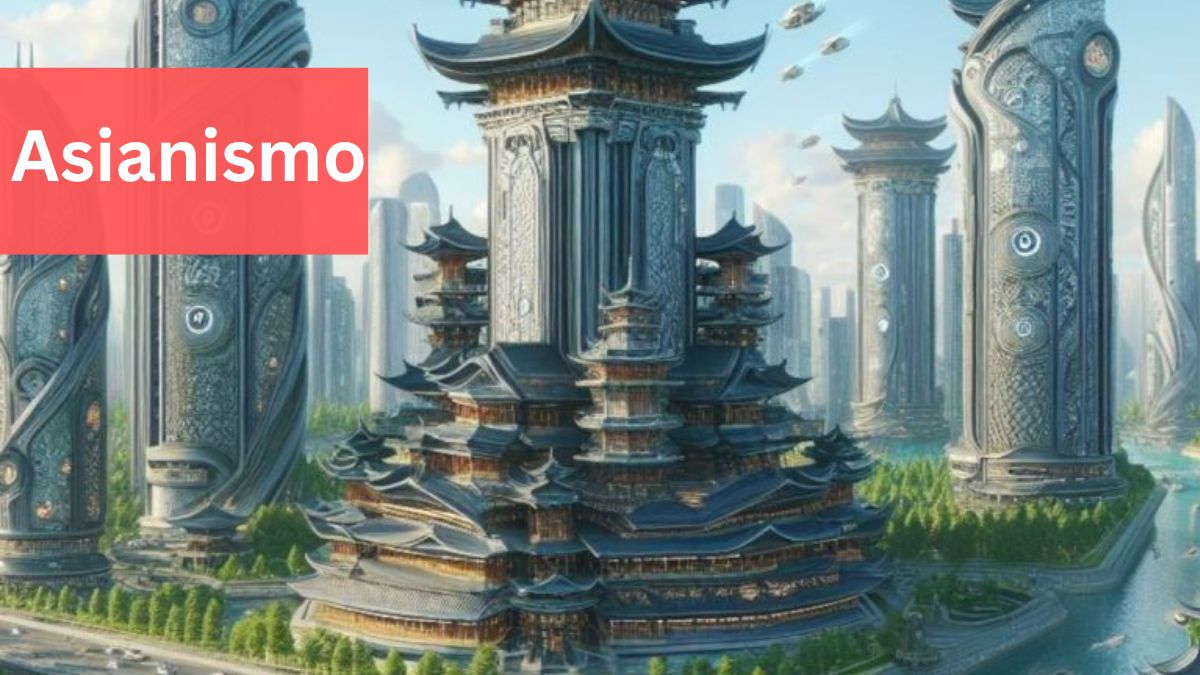
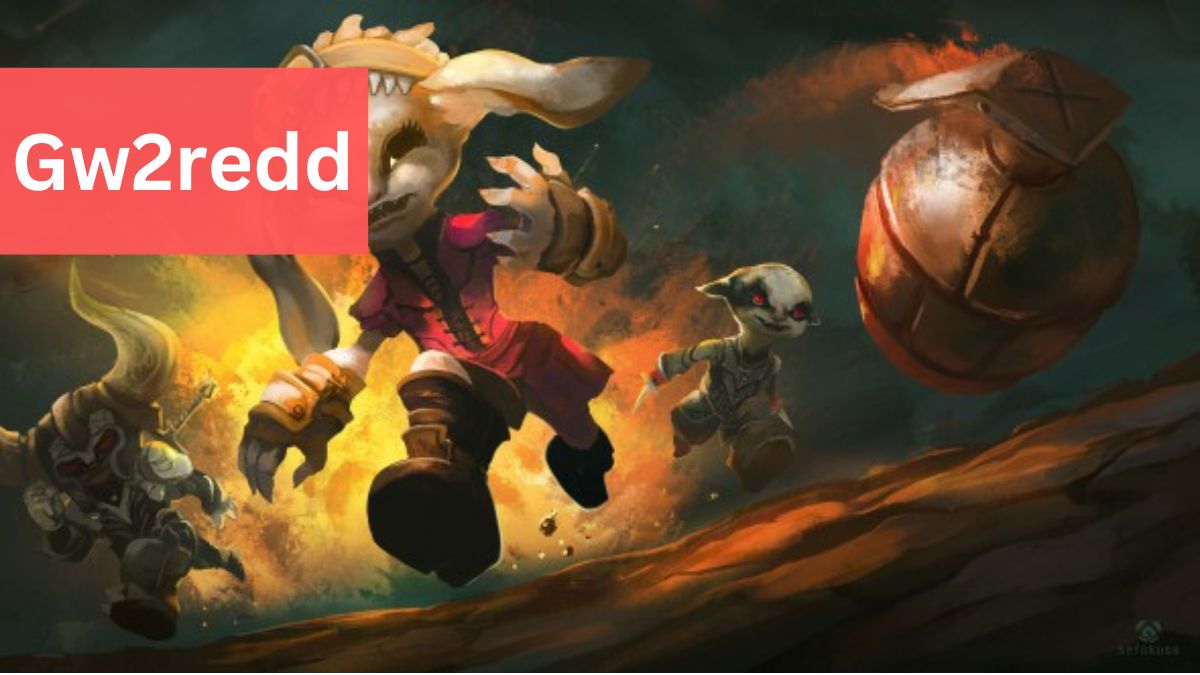




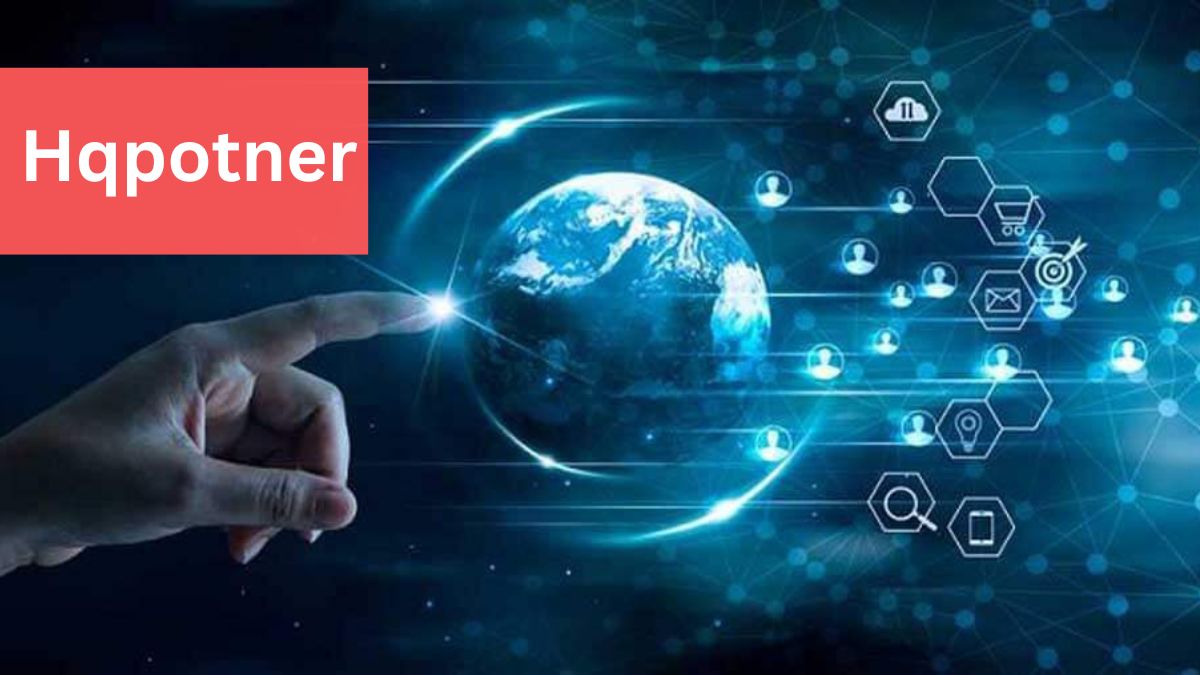
Leave a Reply